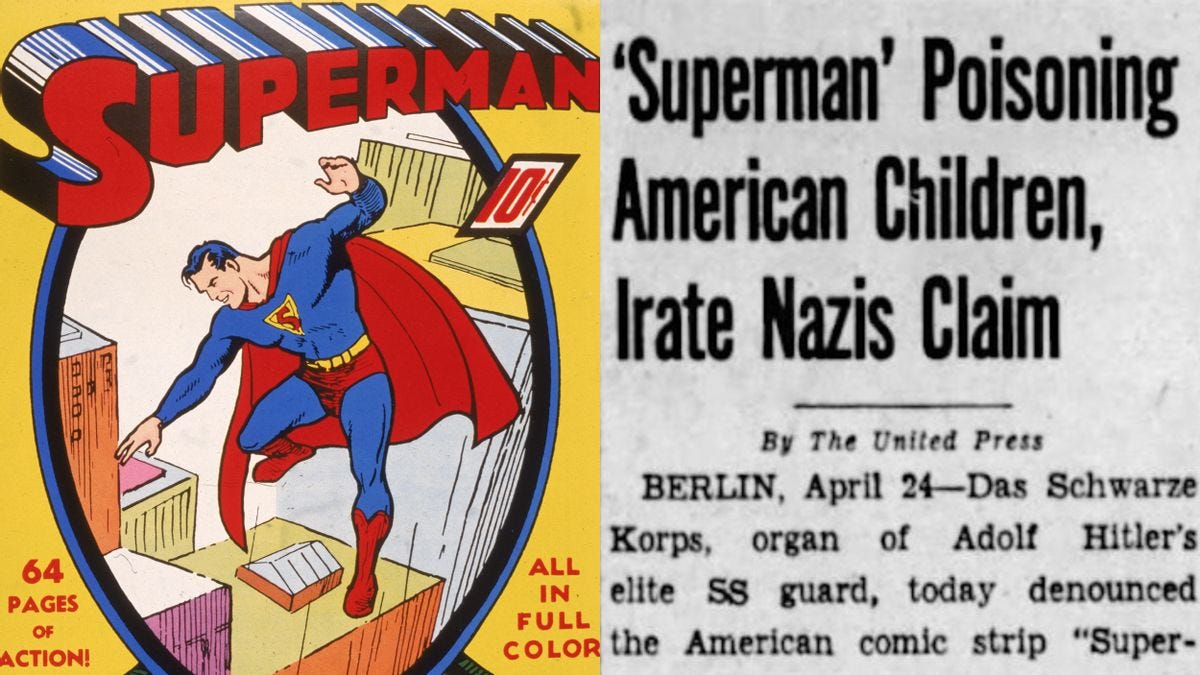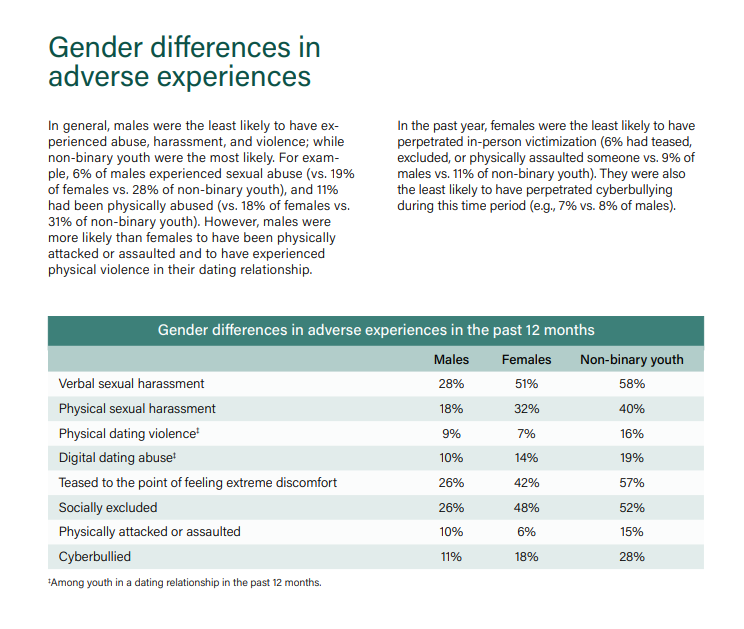Lately I am finding it impossible to be online. It seems like every time I click open a social media app on my phone, I descend into a spiral of angst and frustration. It’s hard not to feel this way, with all the horrors of the world at my fingertips, ready to convince me that everything is broken and miserable.
Except, everything isn’t broken and miserable.
It has been a beautiful summer — not too hot or cold. There has been a decent amount of rainfall, which means my little garden is flourishing. When I walk home from work, people say hello to me on the street and smile when I walk past. I’ve been seeing more friends lately, and I’m finally finding my rhythm after moving six months ago.
Then I open Facebook (or pretty much any platform) and am inundated with a flood of posts about how I should be anxious and angry. Except, none of these posts are from anyone I follow, and most of them are rage-bait about the mess that is happening south of the Canadian border.
The discordance is enough to give one whiplash.
Calm before the storm
It was only six months ago that I wrote a blog post about the disconnect between reality and social media. Yet, in that time, it seems like it has become magnitudes worse. My post, which was pretty pessimistic, seems almost quaint in hindsight.
A huge part of it has been the flood of computer-generated sludge that has overtaken everything else. On my feed it generally falls into three categories: ads for mobile games that look nothing like the ad, atrociously unfunny political cartoons, and people getting upset about some superhero movie announcement.

Last week I went to see the new Superman movie. According to my feed, it is a reviled film that spends the whole run time preaching about politics and equality. According to the people actually in the theatre with me, it was entertaining, funny and enjoyable. Even a couple weeks after it opened, it was busy. A large group of teenagers showed up dressed up as various superheroes. There were cheers and laughs. When the movie ended, a handful of people applauded. I looked at my phone an hour later and was again told that everyone hated this movie.
Despite the fact that the Digital Sales Tax was rescinded over a month ago, Facebook still bans posting actual news articles on its platform. Even though the Canadian government acquiesced to Meta to please the mercurial US president, the company seems to have no intention to allow any real news on their platform going forward.
So instead, all I see is drivel. Missing from my feed is the things I am actually looking for online — pictures of colleagues enjoying their lives, updates from my friends far away from where I live, and celebrations of life’s achievements among people I care about.
I have started to just not check social media anymore. I deleted Twitter when that was still its name, and Threads was a waste of time. I removed Instagram from my phone when it suddenly started sending me push notifications for female adult performers promoting their OnlyFans.
People are mostly okay
If I were to believe my social media feed, the top issues facing society are the over-policing of political correctness and immigrants. Except, when you actually ask people, that’s not what folks are focused on.
ResearchCo, which is based in British Columbia, frequently does polling on more than just political support. According to a poll conducted only a few weeks ago, 59% of Canadians support some degree of being “politically correct”, with clear majorities across multiple demographics. More than half of men (58%) and women (60%) support “language and/or behaviour that seeks to minimize possible offences to racial, cultural and gender identity groups, among others.” This is consistent across all age groups, including young folks (59%), the 35-54 demographic (60%) and the 55+ category (59%). Across Canada, support is roughly the same (59% in BC, 53% in Alberta, 57% in Saskatchewan and Manitoba, 63% in Ontario, 58% in Quebec, and 56% in Atlantic provinces). Even among Conservative voters, 49% favour some level of political correctness.
Yet if I look on my Facebook feed, comedy is dead, political correctness has ruined higher education, and freedom is under attack if people can’t call each other slurs.
Contrary to the online discourse, more than half of Canadians feel pride when thinking about Indigenous culture (61%), bilingualism (61%) and multiculturalism (63%), with only the Canadian Armed Forces (66%), hockey (72%) and the Canadian flag (79%) ranking higher. Opinions on immigration are more divided, but still 42% of Canadians say immigration is having a mostly positive effect on our country, while 14% are undecided.
There are multiple other examples, but the point is that most of what I see online is distorted and inaccurate, and I’m guessing it is similar for others.
The kids aren’t alright
Every few years, the McCreary Centre Society publishes the Adolescent Health Report, which measures a whole bunch of metrics regarding youth health. While there are plenty of worrying results in the report, overall the majority of youth report feeling safe (94%), healthy (73%), and emotionally well (60%). These numbers are actually a decrease from previous reports, in part because the last one was published before the COVID-19 pandemic.
Youth vaping is down (-1%), as is smoking cigarettes (-3%), cannabis use (-3%), and MDMA (-1%). Alcohol use is at the lowest point in the past 30 years. And yet, rates of abuse are up (+1%), sexual harassment (+3%), as well as discrimination based on race or ethnicity (+1%), gender or sex (+5%), sexual orientation (+2%), and disability (+1%).
The distorted online environment is a factor in all of this. Around 1 in 6 youth (18%) felt or had been told that their social media use had reached a point where they needed help. 74% of youth report using their phone to scroll through social media the day before they filled out the survey. Compared to 2018, students are more likely to report having online friends (+2%) and less likely to have in-person friends (-2%). 15% of youth reported they had been cyberbullied (an increase from 14%).
Some of these numbers more than double when non-binary youth are surveyed, reflecting the aggressive push, particularly online, to demonize trans and gender variant people. The place where youth feel the least safe is in school washrooms, a dramatic -18% drop from 2018.

Scout’s honour
I don’t want to suddenly lose touch with people from my past. There are people I have on Facebook from different places I have lived, and it would be a tragedy to suddenly lose touch with them. Yet, I see fewer and fewer posts from any of them.
All I can really suggest is to treat everything online as suspect. If a post is in your feed that isn’t from someone you actually follow, assume it is trying to sell you a story that may not be true, or may only be a narrow window into how some people think — not everyone. The internet has become those ridiculous magazines in the grocery store lineup — entertainment with little basis in fact.
In the meantime, I will continue using social media the way I have been — to post cute pictures of Scout. As a palate cleanser before you move on to whatever you do next, here are some photos.














